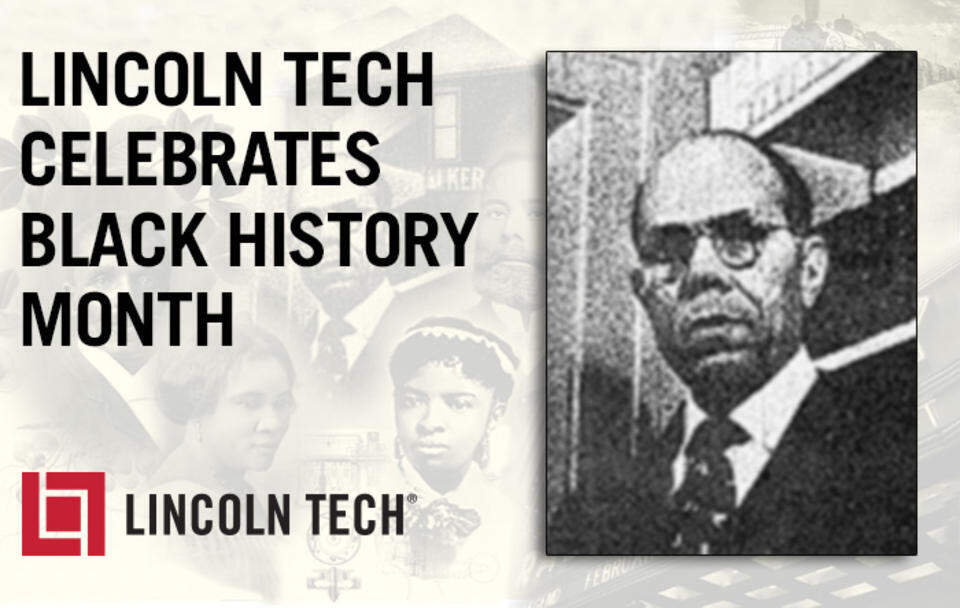Celebrating Black History Month: David Crosthwait, Jr.


Being a leader, inventor and scholar is an amazing accomplishment. But to do so while fighting against all odds is an even more magnificent feat of the human spirit, and David Nelson Crosthwait, Jr. (1898 – 1976) did just that. All of these things make him the perfect person to celebrate during Black History Month.
From a young age as a boy in, Crosthwait wanted to become an engineer. His parents and teachers were supportive, and they challenged him to conduct experiments and make designs. While attending an all-black school in Kansas City, Kansas, he earned a full academic scholarship to Purdue University in Indiana. His focus fell on temperature-regulating technology, and after studying mechanical engineering at Purdue University, he went on to work at C.A. Dunham Company, which is now Dunham-Bush, Inc.
Crosthwait changed the industry forever and became an icon to those working in the field. He held 119 patents in temperature-regulating technology, 39 of which were in the U.S. and 80 internationally. Crosthwait was always on top of innovative research, too. He invented an improved a boiler system, a new thermostat control and even designed the heat system for Rockefeller Center and Radio City Music Hall. But it wasn't just his inventions that furthered the HVAC industry. Crosthwait was also an avid writer, contributing chapters to the text, "American Society of Heating and Ventilation Engineers Guide."
After retiring from engineering, he continued to share his knowledge with eager students at Purdue as a teacher in heating theory and control systems. He was very passionate about the field and his knowledge shone through. Crosthwait was recognized by the National Technological Association and was made a fellow of the American Society of Heating, Refrigeration and Air Conditioning Engineers. He was the first African-American to receive such an honor.
David Crosthwait was a pioneer and a great contributor to the current workings of HVAC systems. Without his inventions and research, our modern heating and cooling systems would not work as efficiently.
